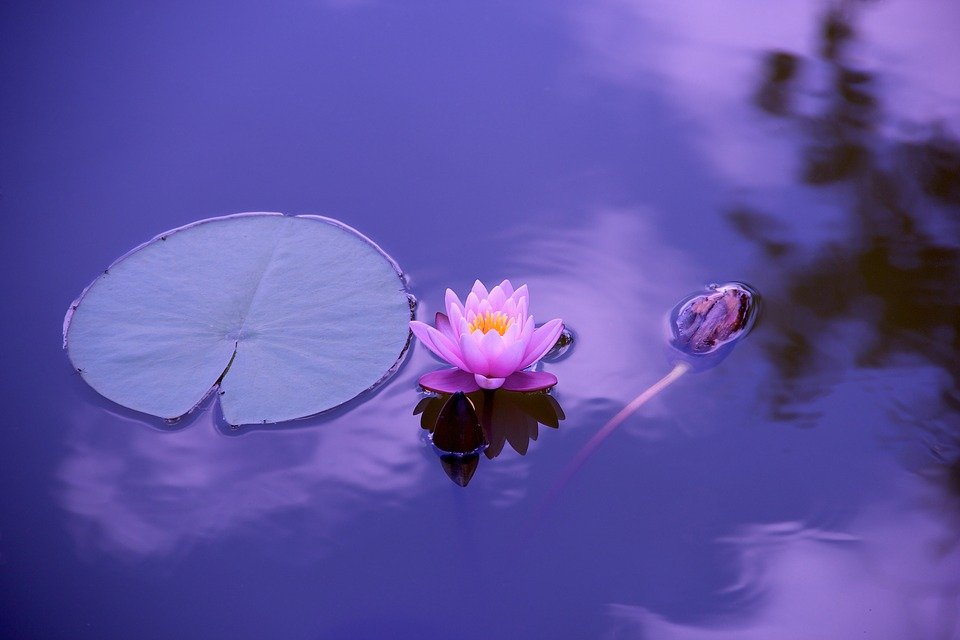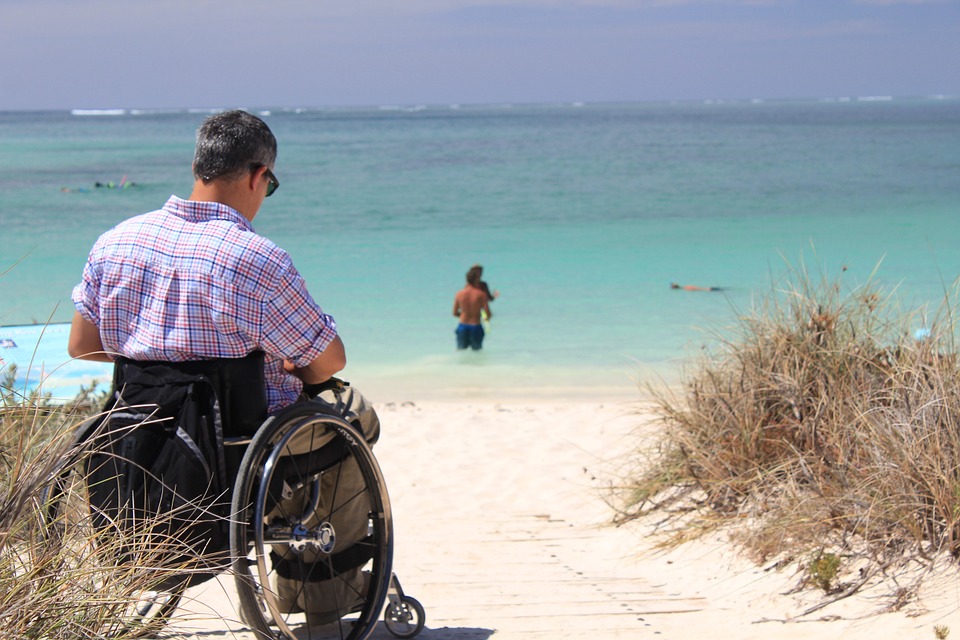Relaxation, sometimes called the “Relaxation Response”, involves letting go of tension in your body and mind. It is the opposite of the stress response.

During the relaxation response you may notice some of the following changes in your body: reduced muscle tension, breathing becoming slower, blood vessels relaxing so that circulation, for example to the hands and feet, improves. Your mind will not go blank but it may feel quieter and calmer and you will become more still.
The relaxation response is a skill which can be learnt. It is not like sleep which may or may not relax you. During relaxation you are in control and fully aware of where your mind is wandering. Like any skill this does not come automatically. It takes regular practice. Find some more information on relaxation and how to get the most out of practicing it.
The Sigh of Relief
The physiological sigh is proven technique to reduce stress. It is quick and effective and can be used anywhere.
- Breathe in
Note – if you have been feeling anxious for some time, then you may notice that it is hard to breathe in. This may be because your lungs are already full – ready for fight or flight from a sense of danger. You may also start to hold your breath. This is thought to improve our hearing when we are facing external threats. If there is no external threat to fight or run away from, then we do to use the air in our lungs and are left with a feeling that we cannot breath in.
If this is the case then start with stage 2.
2. Pause for a second
3. Now slowly exhale.………………………………………….empty your lungs completely drop your shoulders and relax your upper body.
Repeat this process two or three times. Practice a few times throughout the day, and also use it whenever you feel overwhelmed or anxious.
Why the ‘sigh’ works
a) Balances oxygen and carbon dioxide: by removing cardon dioxide more efficiently, it restores the balance between oxygen and carbon dioxide.
b) Engages the parasympathetic nervous system: The long slow exhale helps to activate the bodies relaxation response.
c). Slows heart rate: slowing the breathing will also slow your heart rate, which will reduce your feelings of stress.
Grounding
This grounding exercise is a quick and simple technique that can be used at any time to help calm you.
This video guides you through a similar grounding exercise.
The following are audios which can be used to guide you through some relaxation practices. Your health professional may ask you to practice one or more of these as part of your rehabilitation:
Loading …















